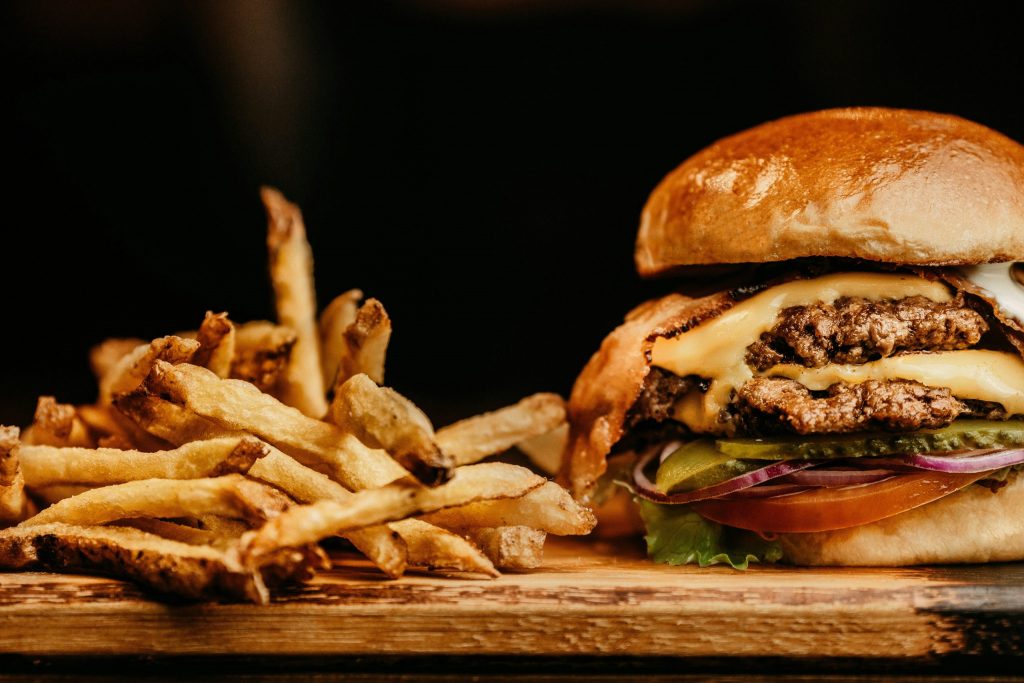Introduction:
French foie gras, translated as “fatty liver,” is a delicacy renowned worldwide for its rich flavor and luxurious texture. However, behind its culinary allure lies a contentious debate over animal welfare and ethical production methods. This article delves into the history, cultural significance, production process, and ethical considerations surrounding French foie gras.
Historical Origins:
The tradition of fattening duck or goose livers dates back thousands of years, with evidence of its consumption found in ancient Egyptian, Greek, and Roman civilizations. However, it was the French who perfected the art of producing foie gras as we know it today. The practice gained prominence in France during the Roman Empire and continued to evolve over the centuries, becoming closely intertwined with French gastronomy and culture.
Cultural Significance:
Foie gras holds a revered place in French cuisine, often served as a centerpiece during festive occasions and gourmet dining experiences. Its velvety texture and delicate flavor make it a favorite among chefs and connoisseurs alike. In France, foie gras is celebrated as a symbol of culinary excellence and savoir-faire, with certain regions, such as Gascony and Alsace, renowned for their production.
Production Process:
The production of foie gras involves a controversial technique known as gavage, in which ducks or geese are force-fed a high-starch diet to enlarge their livers. This process typically takes place over a period of two to four weeks, during which the birds are housed in specialized facilities. Proponents argue that gavage is essential for producing the desired texture and flavor, while opponents condemn it as cruel and inhumane.
Ethical Considerations:
The ethical debate surrounding foie gras centers primarily on the practice of gavage and its impact on animal welfare. Critics argue that force-feeding causes unnecessary suffering to the birds, leading to various health issues such as liver disease and impaired mobility. Animal rights activists have campaigned for the abolition of foie gras production, citing concerns about animal cruelty and the exploitation of sentient beings for gastronomic pleasure.
Regulatory Framework:
Foie gras production is subject to stringent regulations in France and other countries where it is produced. These regulations aim to ensure the humane treatment of animals and the quality of the final product. In recent years, there has been growing pressure from animal welfare organizations and consumer advocacy groups to enact stricter laws governing foie gras production and distribution.
Alternative Approaches:
In response to criticism and consumer demand for ethically produced foie gras, some producers have explored alternative methods of production. These include free-range farming, where ducks or geese are allowed to forage naturally and are not subjected to force-feeding. While these methods offer potential solutions to the ethical dilemma surrounding foie gras, they also present challenges in terms of cost, scalability, and maintaining product quality.
Conclusion:
French foie gras occupies a unique position in the culinary world, revered for its exquisite taste and cultural significance. However, its production remains a subject of controversy due to the ethical concerns associated with force-feeding. As consumers become increasingly conscious of animal welfare issues, the future of foie gras production may depend on the development of more humane and sustainable practices. Whether foie gras can reconcile its gastronomic allure with ethical considerations remains an ongoing debate in the culinary world.

